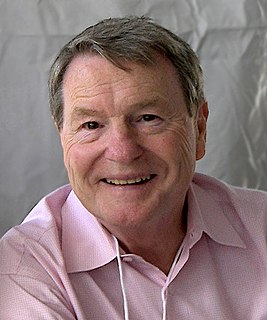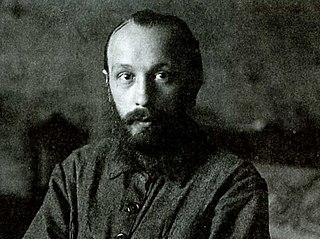A Quote by Ayad Akhtar
I'm a storyteller. I feel like the issue of discourse is an important one because there's a lot of political and ideological discourse that goes around, and we relate to that on an intellectual level.
Quote Topics
Related Quotes
The public discourse on global warming has little in common with the standards of scientific discourse. Rather, it is part of political discourse where comments are made to secure the political base and frighten the opposition rather than to illuminate issues. In political discourse, information is to be 'spun' to reinforce pre-existing beliefs, and to discourage opposition.
There can be no religious discourse which is in conflict with its environment and with the world and therefore, we Muslims need to modify this religious discourse. And this has nothing to do with conviction and with religious beliefs, because those are immutable. But we need a new discourse that will be adapted to a new world and which will remove some of the misconceptions.
Education may well be, as of right, the instrument whereby every individual, in a society like our own, can gain access to any kind of discourse. But we well know that in its distribution, in what it permits and in what it prevents, it follows the well-trodden battle-lines of social conflict. Every educational system is a political means of maintaining or of modifying the appropriation of discourse, with the knowledge and the powers it carries with it.
The novel is a thing of irony and ambiguity. That's at the heart of 'J', a world that has stopped arguing with itself. We have to keep our equilibrium of hate, which is argument. But on the Internet, you find a unanimity of response, and in 'J,' there's a fear of that, that discourse becomes a statement of political or ideological belief.







































